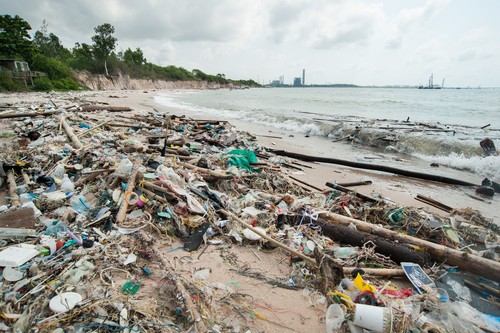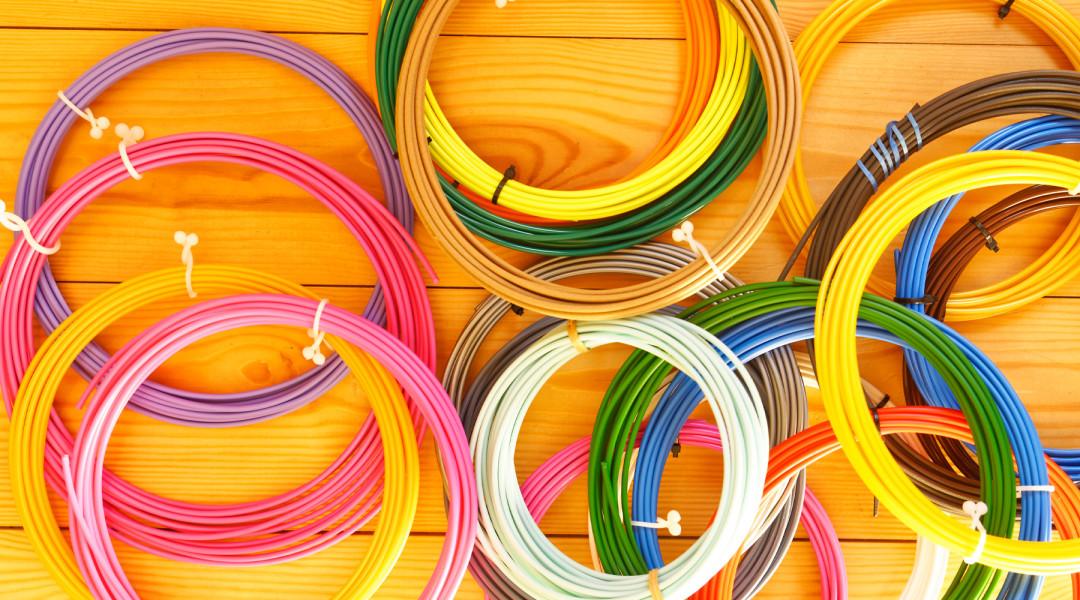Inclusive circular businesses have a critical role to play in combatting plastic pollution
By Mariska van Gaalen and Tendai Pasipanodya, Endeva.
We believe that combining inclusiveness with circular economy principles is a means to prosperity—and perhaps the only way to sustainable prosperity. At Endeva, we believe business is not about selling goods and services but about solving people’s problems in a way that makes sense to a client. It is this perspective that sparked the creation of a project that looked to solve problems in the waste sector. Together with Covestro and Thammasat University, we carried out research that laid the foundation for the launch of Full Circle Filament.
Our research project brought together the expertise and resources of the Inclusive Business ASEAN department of Covestro, a world leader in plastic manufacturing, Chris Oestereich, an expert on zero waste and circular economy approaches and a faculty member of Thammasat University, and Endeva, with insights on future-fit inclusive business models. The project provided us insight into the challenges—and opportunities—with plastic waste in Thailand. Every year, more than eight million metric tons of plastic are dumped into the ocean worldwide. Just five countries, including Thailand, make up 50% of land-based plastic leakage. In Thailand “recycling at the source” is limited and most waste recycling depends on Base of the Pyramid (BoP) waste pickers, who earn as little as 3USD per day. We explored the possibility of utilising Covestro’s ‘resin blending’ expertise to create a commercial-grade 3D printing filament with recycled plastics and post-industrial waste. The research project concluded with the design of an inclusive circular business that would work closely with Covestro and local waste pickers to create a high-quality filament from plastic waste. The combination of an ineffective waste management system, poor working conditions for pickers and the currently untapped market for recycled 3D filament, served as the foundation for Full Circle Filament.

We are excited that Chris is now bringing the concept to life! The idea is multifaceted. First, Full Circle creates filament for 3D printing out of recycled plastic gathered by local waste pickers. This inclusive business will increase wages for waste pickers and curb the growing environmental problem of plastic waste. Second, Full Circle works towards a circular approach. The end goal of is not just to produce quality 3D filament made from plastic waste. Eventually, we want to use the filament to 3D-print those products needed in low-income communities, such as prostheses, tools, and replacement parts for appliances and other equipment. In fact, we are researching ways in which low income groups can 3D-print recycled products on demand. We believe this could be a game changer in remote locations that struggle with significant plastic waste challenges and a lack of access to tools and goods.

This model has the potential to be replicated around the world, in places that face challenges like those in Thailand. BoP waste pickers can play a central role in actively reducing plastic waste in high pollution areas, while increasing their income and attaining better working conditions. With a circular approach, we can reconsider our view on garbage and use it as a source for continuous innovation. We will continue to support this initiative, and we are excited to see Full Circle Filament mature and grow in the coming years.
